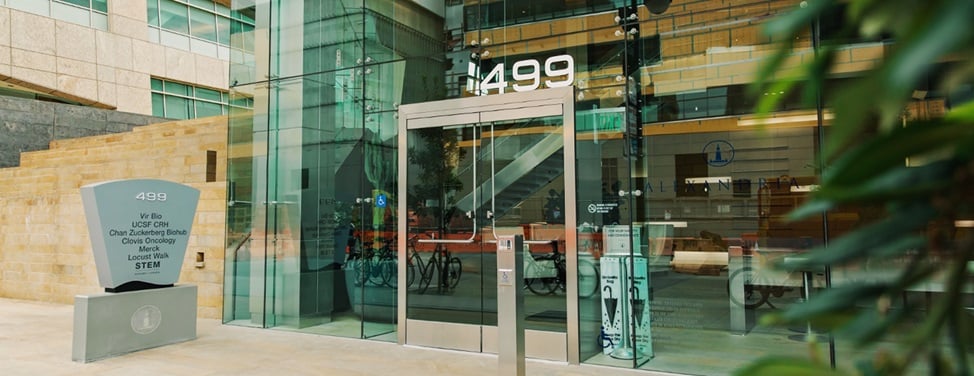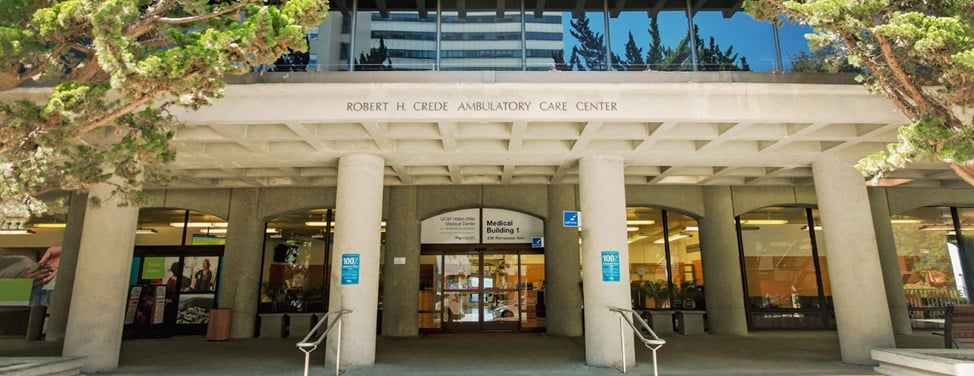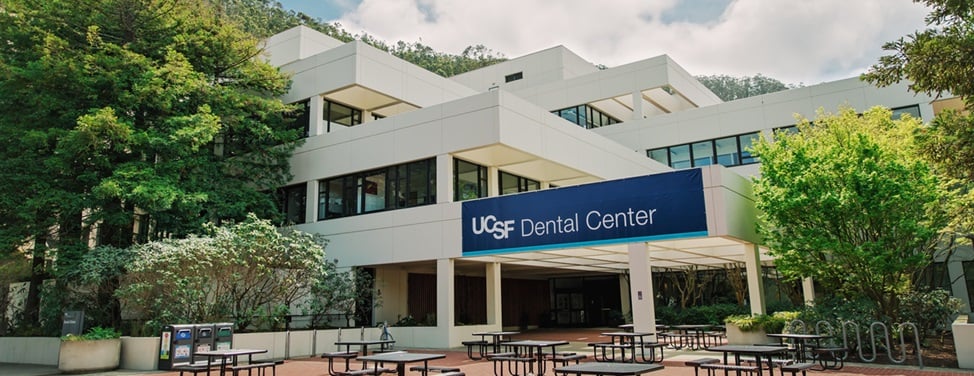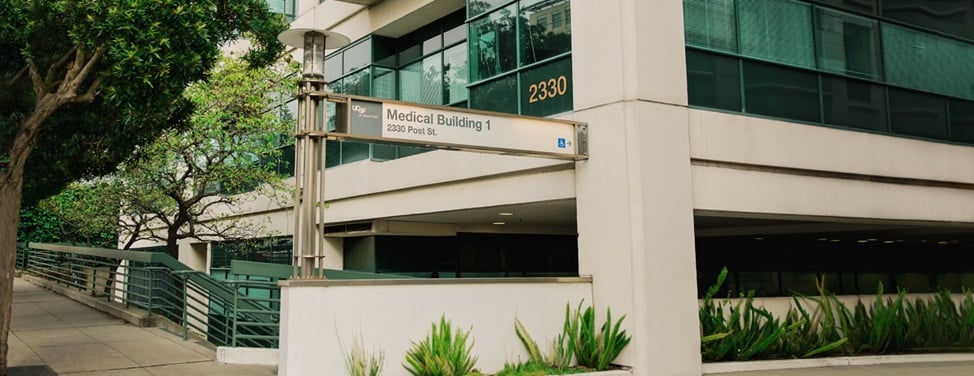
Cancer Immunotherapy Toxicity Evaluation (CITE) Program
Immunotherapy harnesses the patient's own immune system to help fight their cancer. These cutting-edge treatments – which include cancer vaccines, cellular therapies, immune checkpoint inhibitors and other drugs – can sometimes overstimulate the immune system, leading to side effects that range from minor to serious.
Some side effects are easily managed with steroids, while others require care from experts in specific organ systems or immunosuppression (techniques to curb the immune response). Sometimes these side effects necessitate suspending the patient's cancer treatment, and there may be questions about whether it's safe to restart.
The UCSF Cancer Immunotherapy Toxicity Evaluation (CITE) Program cares for patients with complex, difficult-to-treat side effects from immunotherapy. If you're experiencing such side effects, you may be finding it challenging to get a correct diagnosis and access to appropriate providers. The CITE Program brings together a dedicated, experienced team of oncologists and other specialists – including endocrinologists, gastroenterologists, neurologists, dermatologists and others – who will collaboratively manage your condition.
Our care team also serves as a resource for doctors outside UCSF seeking second opinions on their patients with immunotherapy-related side effects. The CITE Program is one of a kind in the Bay Area and among the first of its kind in the nation. In addition to patient care, our team is dedicated to advancing research on immunotherapy through clinical trials (studies of promising new treatments) and the banking of blood and tissue specimens. Our program works closely with other specialty groups at UCSF, including the Cancer Immunotherapy Program, which evaluates these agents in early phases of development.
Learn more about clinical trials and how they work.
Our locations (1)
Our team
Clinical trials
Binimetinib and Imatinib for Unresectable Stage III-IV KIT-Mutant Melanoma
Defined as complete response (CR) or partial response (PR) by Response Evaluation Criteria in Solid Tumors (RECIST v1.1). The ORR at stages 1 and 2 will be estimated using the method of Whitehead, and the p-values for testing the ...
Recruiting
Neoadjuvant Atezolizumab-Based Combination Therapy in Men With Localized Prostate Cancer Prior ...
A positive response is defined as a ≥40% increase in the number of infiltrating cluster of differentiation 3 (CD3) + T cells between the pre-treatment biopsy at baseline and the post-treatment RP specimen. Thus, a negative respons...
Recruiting
Support services
Plan your visit
What to Bring
- Photo I.D.
- Health insurance card
- Insurance authorization, if required
- Doctor's referral, if required
- Recent test results related to your condition
- List of your medications, including dosages, plus any you're allergic to
- List of questions you may have
- Device or paper for taking notes


































